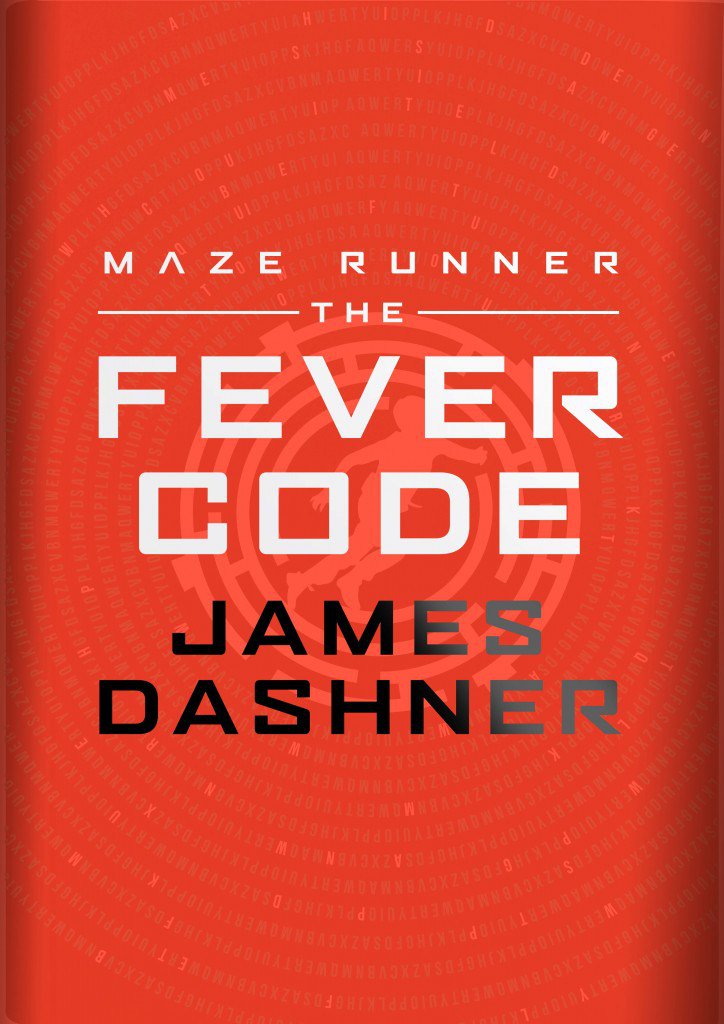
Book Title: The Lie Tree
Author: Frances Hardinge
Date Started: October 17th 2016
Date Completed: October 29th 2016
Genres: Mystery, Historical, Fantasy
Quality Rating: Four Stars
Enjoyment Rating: Four Star
Quality Rating: Four Stars
Enjoyment Rating: Four Star
Final Rating: Four stars
Review:
Image Source - https://www.goodreads.com/book/show/30201080-the-lie-tree
Hardinge's tale of secrets, scandal and social status on a secluded little island has the ring of 'award-worthiness' all around it, and I was pleasantly surprised to find quite a lot that this wasn't a book that was all bark and no bite. In fact, The Lie Tree had a lot of bite when it came to blending the survival of politics in the early 1800s (particularly for women) and the more fantastical idea of a tree that tells its owner hidden truths. I appreciated the pains that were taken in the first half of the book to achieve a sense of realism that could be understood without overly detailed or dull world building of an unforgiving culture. It was just disappointing for me when Hardinge started making the facts looser and looser to create a sort of climax that was in the end a bit hard to believe.
The element of feminism in this book was completely unexpected but very good. I didn't know a lot about the book going in; I'd heard good things, but I had just thought it would be an interesting story - not an engaging mystery with commentary on the social structure weaved throughout. The representation of women to start with was really nice because we had such a huge range of characters, some very clearly opposing or agreeing with social ideals, and others not quite sure who they were - but again we started to lose the consistency at the midway point. I felt like, in terms of writing and story, Hardinge had put a lot of effort into the initial construction of her world and characters, but then wanted to have fun and so let more and more things slip out of actuality and into entertaining fiction. And don't get me wrong, the entertainment was still there, but it felt out of place compared to the beginning of the book.
I loved the little flashes of all these different genres and subjects we get in this book: archaeology, science, magical realism, thrillers, botany, palaeontology, photography etc. You can tell how much thorough research Hardinge put in, but there's a genuine feel of passion and interest there too. Personally, I've always been fascinated with fossils and ruined artefacts so the book was already scoring points with me, but even areas like botany and science that I know nothing about became quite interesting through the mouths of the characters. Faith as a heroine aided this, as I'll get onto, but just in general Hardinge made what sounded like a dull piece of the landscape of the story into an element that fascinated the protagonist and the reader alike.
Sadly though, as with all mysteries, the revelation of the 'criminal' makes or breaks the story and The Lie Tree was a bit lack-luster for me. I've mentioned several times already that the halfway point of this book peaked in terms of believable realism and took a downward spiral from there. In terms of entertainment and sheer pride, it ticked all the boxes and I loved reading it, but when it came to actually wrapping up what had been a book so concerned with subtly but succinctly getting across its point it just fell down a few pegs.
The Lie Tree has a whole host of characters and Hardinge does very well to balance them all in her narrative with a distinction between each of them, but of course the stand-out character has to be our daring protagonist, Faith. From the start, she's an interesting person, but we see her develop a great deal in a short amount of time - and not in the direction you might expect. I jumped between feeling like I was in Faith's position and feeling voyeuristic a lot in the story, which surprisingly didn't pull me out of the book too much but was a little confusing when it came to how I was supposed to feel about everything that was happening. On the one hand, I really empathised with the horrible ways Faith was being treated, but I also completely understood why people were reacting in the way they were. I'm sure Hardinge probably designed it this way and was a big part of why the book won the Costa book award in 2015. She very cleverly puts you in a place where you aren't quite sure how to react to very strong situations, just like Faith isn't sure how a woman is supposed to do the things she needs to do without breaking her social status.
In all honesty, I bought The Lie Tree because I saw the special Chris Riddell illustrated edition and couldn't say no - I wasn't overly interested beforehand, regardless of the hype. There's only really six or seven full-page drawings but they helped immerse me in the world, and I'm glad that I picked up a book I would otherwise have let pass by because it was worth it. Though I assume the primary audience for the book is maybe 12-16, I think both younger and older readers can enjoy this book, and get a lot from it - if you ever need a history lesson in what life was like for women in the 1800s, here's the perfect way to teach your kids without them knowing you're doing it.
Image Source - https://www.goodreads.com/book/show/30201080-the-lie-tree


